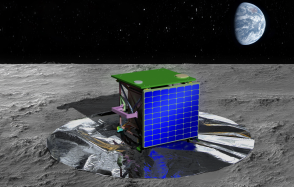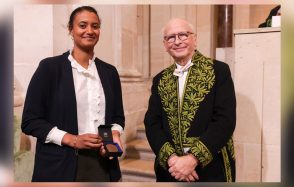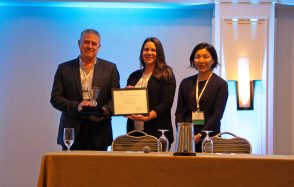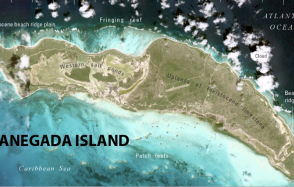IPGP a partner in three Equipex+ projects selected by PIA3
The MARMOR, GAIA Data and TERRA FORMA projects, which involve several of the Institute's teams, were ranked A and A+ in the latest call for expressions of interest in PIA3 or ESR/EquipEx+ structuring facilities for research.
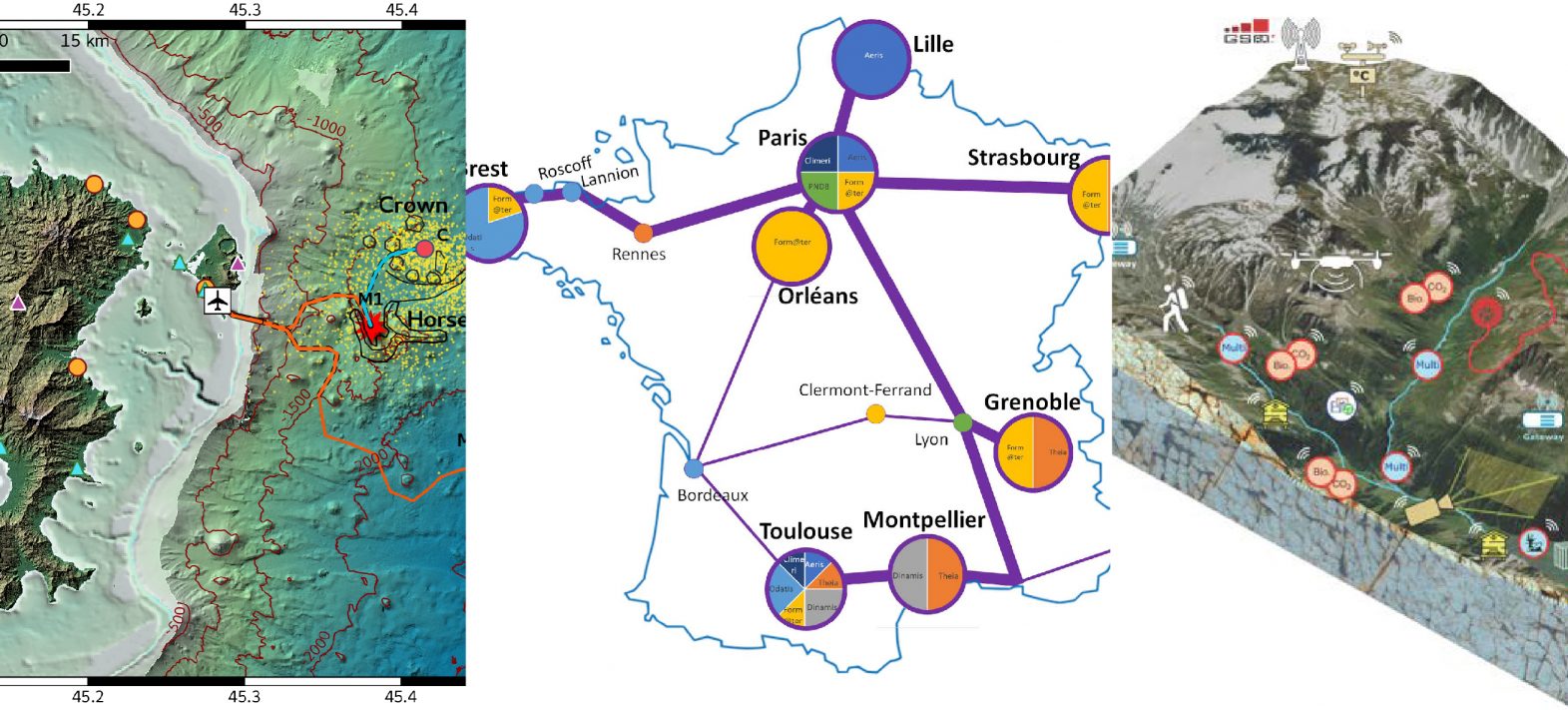
Latest news





